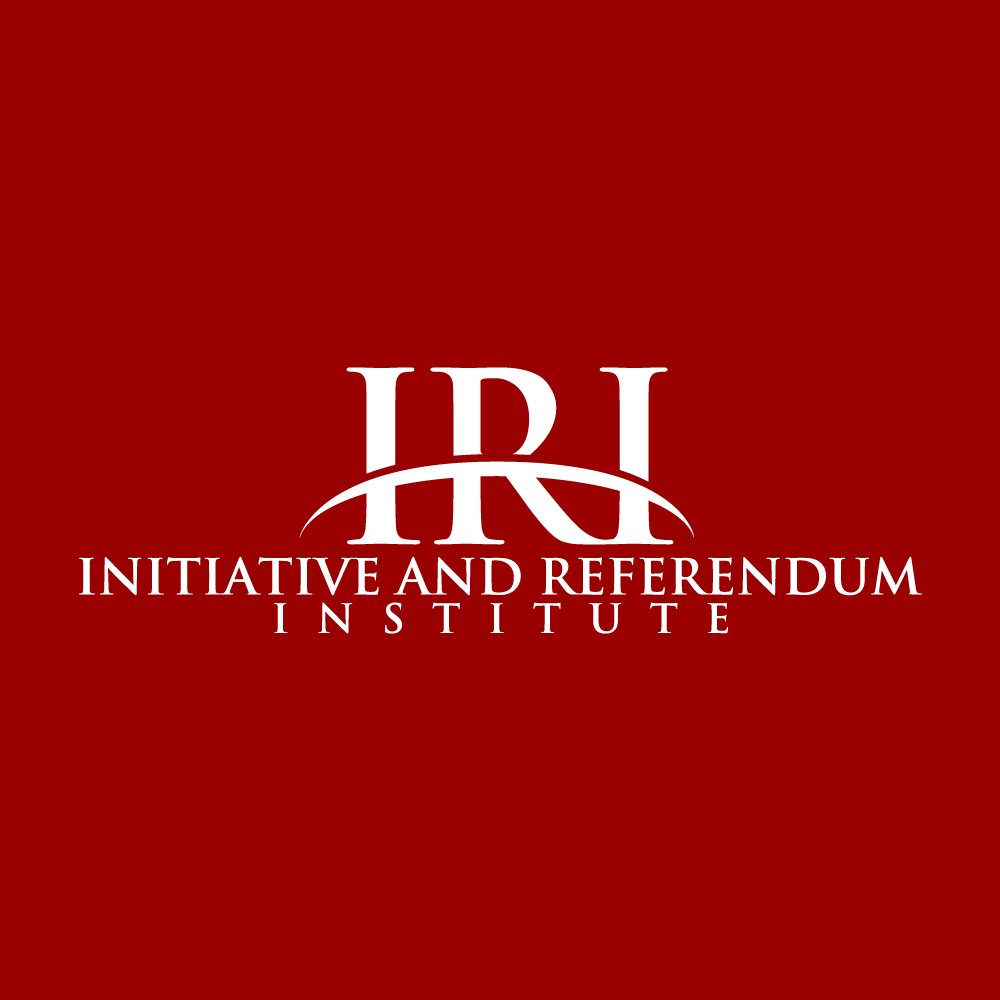Delaware
Delaware allows less popular participation in lawmaking than any other state. Delaware does not allow initiatives or referendums at the state or local level, and it is the only state in the nation that does not require popular approval of constitutional amendments.
The lack of direct democracy is not something voters want. An IRI survey in 2000 found that Delaware residents were in favor having the initiative 56 to 21 percent.
During the Progressive era, the I&R publication Equity described Delaware as one of 11 states where "the initiative sentiment is all-powerful," but pro-I&R activists could not surmount the state's extraordinarily difficult procedure for amending its constitution that requires a two-thirds vote by members of both houses in two consecutive legislative sessions.
Under the leadership of Wilmington's Francis I. DuPont (of the well-known chemical company family), I&R advocates persuaded the legislature to schedule a statewide advisory referendum on whether I&R should be added to the state constitution. In the 1906 election voters approved the idea by a landslide six to one margin.Instead of obeying this mandate, the legislature passed a bill giving I&R rights to the city of Wilmington only. Voters there quickly used their new rights to put five initiatives on the city's ballot in early 1907. According to Equity, it was "the first use of direct legislation on general questions of public policy in an eastern city, and the first among Negro voters." Meanwhile, the Delaware Referendum League pressed on for statewide I&R. Twelve years later, in 1919, they still did not have the necessary two-thirds majority of both houses of the legislature.
In the 1960s state representative John P. Ferguson of the town of Churchman's Road began introducing an I&R bill every session. By the mid-1970s, he had become Speaker of the House, from which position he engineered the amendment's passage in 1978 in the House by a vote of 33 to 1, following by passage in the Senate by a vote of 14 to 3. However, Governor Pierre S. DuPont IV organized opposition to the bill in the next session, and it was defeated in the house, 22 to 6, on March 29, 1979, dealing it a fatal blow. Ferguson, frustrated by this defeat after so many years of effort, retired.
In 1980 the police and firefighters' unions collected enough signatures to put an initiative on the ballot in Wilmington, only to be told that there was no longer an initiative procedure. The legislature had quietly passed a municipal charter law in 1965 that contained no I&R provision, and this law, state courts ruled, superseded the law that had given I&R to Wilmington in 1907!
Between 1907 and 1987, the people of Delaware voted on only one statewide ballot question, an advisory measure asking if the state should allow charities to sponsor gambling games to raise money.
